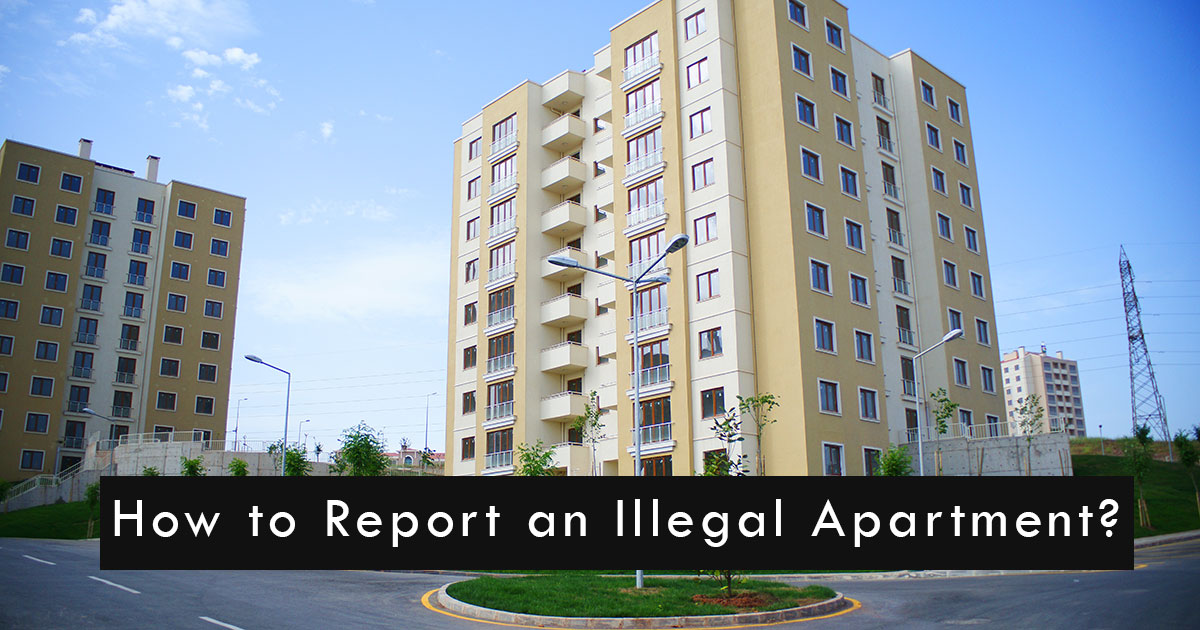If you suspect an apartment is being rented illegally, it’s important to understand the steps involved in reporting it. An illegal rental unit is typically one that hasn’t been registered with local authorities or doesn’t comply with specific building and health codes. Here’s a guide on how to navigate this situation:
Verifying the Legality of the Unit
Before reporting a suspected illegal rental, it’s essential to confirm if the unit is indeed illegal. This involves checking with local authorities responsible for home inspections to verify if the property is registered as a rental unit. Understanding local laws is vital, as the definition of an illegal rental can vary by location.
Types of Illegal Rentals
Illegal rental units can take various forms, including in-law suites, converted garages, sheds, or recreational vehicles used as living spaces. Indicators of an illegal unit include the absence of a separate utility bill, low ceiling height, lack of a second means of egress, no separate address or mail service, and uninhabitable conditions.
Reporting the Unit
If you determine that a unit is illegal, the next step is to report it to the local housing authority. They will assess whether the unit meets all the prerequisites of a valid rental. This is a crucial step for tenant safety and compliance with housing laws.
Penalties for Illegal Rentals
Landlords renting out illegal units may face penalties like fines, forced evictions, and liability for the cost of relocating tenants. For example, in New York City, landlords can face up to $15,000 in fines, excluding additional fines for building violations and legal costs.
Tenant’s Rights and Protections
Tenants in illegal units have rights that may vary depending on the jurisdiction. Generally, these rights are similar to those of tenants in legal units. Tenants might be eligible for compensations, such as eviction fees, if a rental agreement is deemed unenforceable due to the illegality of the unit.
Considerations for Landlords
Landlords should ensure their rental units are legal, which includes meeting licensing requirements and maintaining the property. If a unit is found to be illegal, steps should be taken to make the tenancy legal and correct any licensing requirements.









Leave a Reply